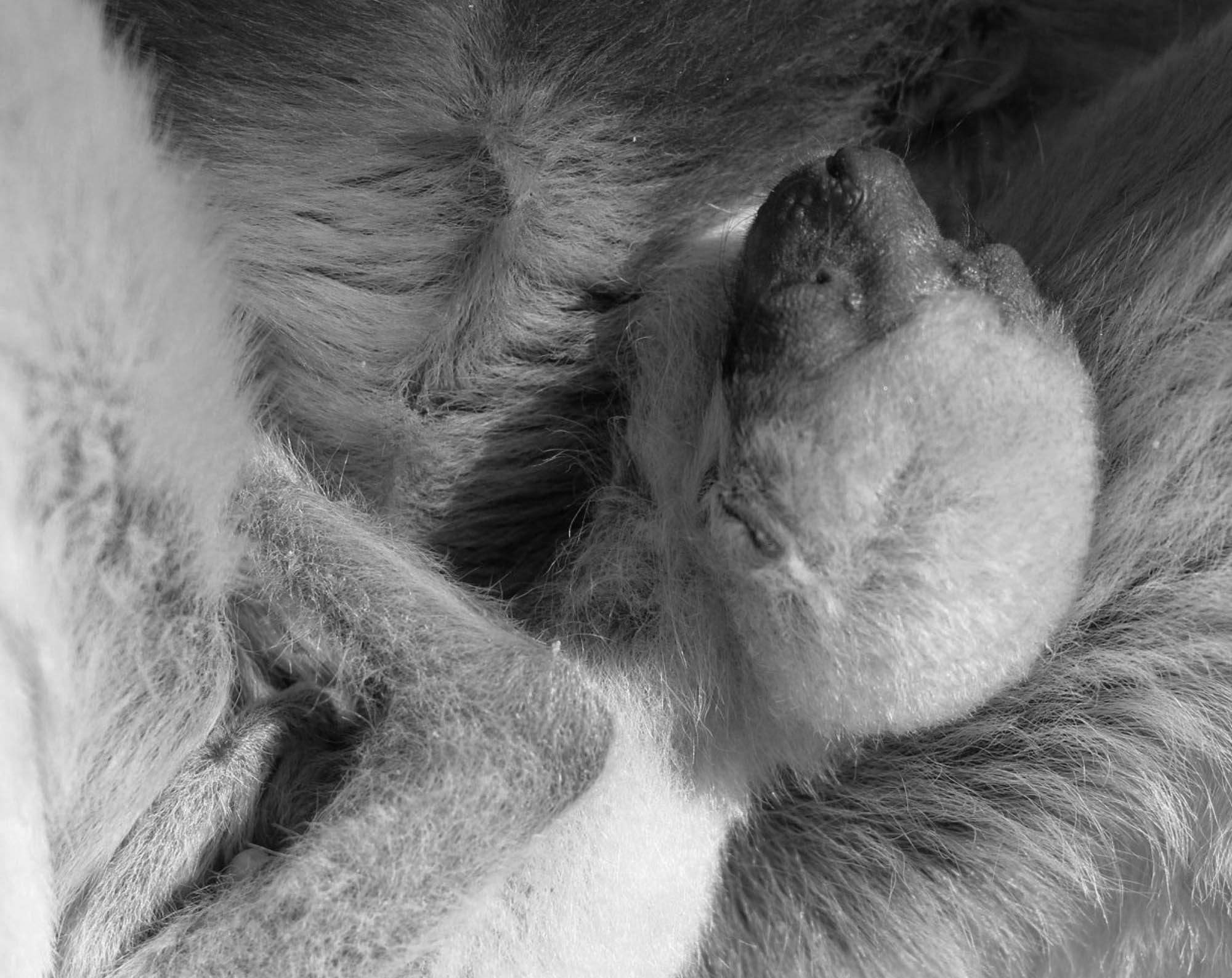These images show an adorable endangered baby lemur believed by locals in Madagascar to represent their reincarnated ancestors that has just been born at a French zoo.
The zoo have invited netizens to help choose its name, but zoo spokeswoman Catherine Feller told Central European News (CEN) that King Julian was not one of the options.
The cute baby crowned sifaka (Propithecus coronatus), a type of lemur from Madagascar, is an extremely lucky addition to the zoo’s primate population, as births in captivity, the zoo told local media, are extremely rare. Feller told CEN that there are only three of that type of lemur at the zoo: mum Poppy, dad Manao and the newborn.
Proud mum Poppy, 6, and her baby are doing extremely well. The baby has not been named yet and netizens are invited by the zoo to choose its name here (https://docs.google.com/forms/d/e/1FAIpQLSe9jTOPWRAPQbViItvxwodC7f1L1PqGVqU8OujPIQwJ2P6yRQ/viewform).

Netizens can pick from three names: Toky, which means ‘Trust’ in Malagasy, Madagascar’s official language, Tamby (‘Reward’) and Jao (‘Worthy of Respect’). The baby lemur’s dad is called Manao.
Feller told CEN that netizens can vote until the end of March.
Local media report that the zoo is one of the only places in the world that can breed the rare primates in captivity. The baby lemur was born on 12th February but the zoo, in Mulhouse in France’s Haut-Rhin departement near the Swiss and German borders, is only just sharing the news now that it has survived this long and is considered to be doing well.
Feller told CEN that the zoo has 33 lemurs in total, from 10 different species.
A veterinarian and the co-Director of the zoo, Benoit Quintard, told local media: “This little crowned sifaka is the third in a series of European births, and is the only one whose mother immediately took care of it. This is excellent news for the breeding program.
“It means we know that we have in Mulhouse a female who can regularly give birth to pups which she will take care of.”
Zoo director Brice Lefaux said: “If we don’t do anything, this species will have disappeared in 50 years.”

The Mulhouse zoo has been actively participating in the preservation of lemurs for 35 years. They are a endangered species according to the International Union for Conservation of Nature’s (IUCN) Red List, making them one of the most threatened primates in the world.
Native to the forests of northwestern Madagascar, crowned sifakas are lemurs measuring between 39 and 45 centimetres (15 and 17.7 inches), and weighing between 3.2 and 3.7 kilogrammes (7 and 8 lbs).
They live twenty years in the wild and up to thirty years in captivity. They are identifiable by their cream-white coats and their black heads, as well as their red chests. They are herbivores that feed on leaves, fruits and grass.
Gestation lasts five and a half months, with reproduction every two or three years. In Malagasy tradition, crowned sifakas represent the reincarnation of one’s ancestors, so it is forbidden to touch them.
King Julien is a famous ring-tailed lemur (Lemur catta) voiced by Sacha Baron Cohen in the hit 2005 Dreamworks film Madagascar. He is so popular that a number of spin-offs feature him, including the TV series All Hail King Julien, which premiered on Netflix in 2014.
To find out more about the author, editor or agency that supplied this story – please click below.
Story By: Joseph Golder, Sub-Editor: Joseph Golder, Agency: Central European News




